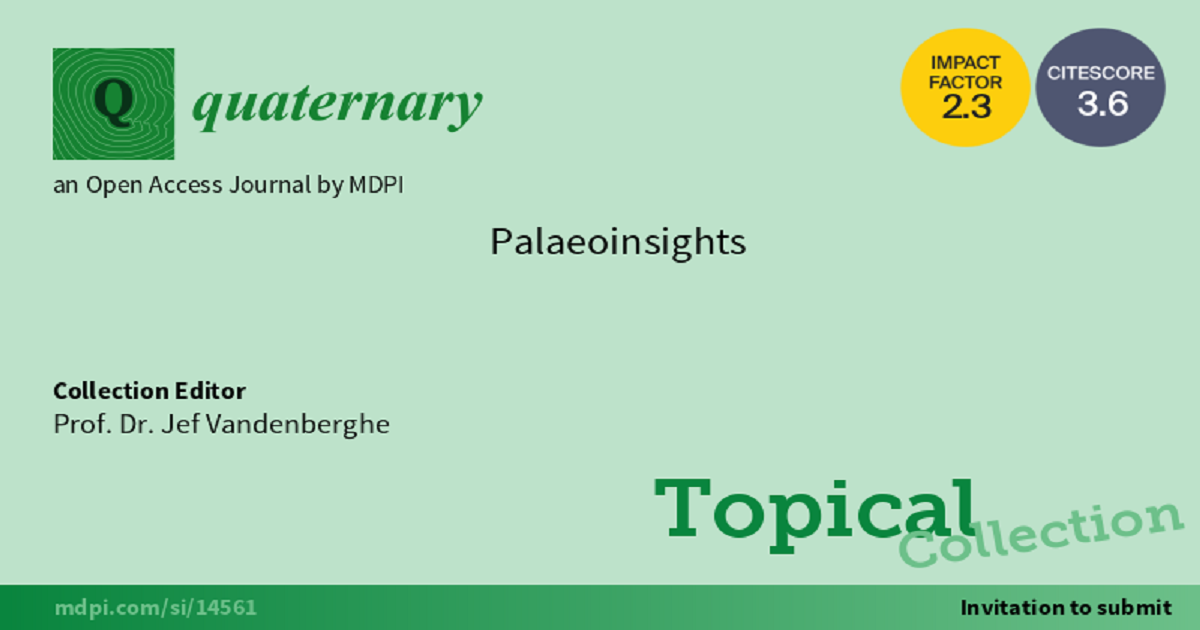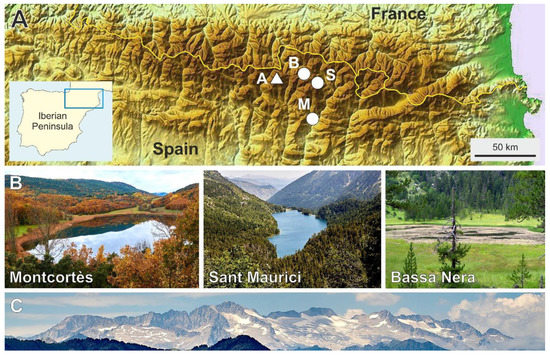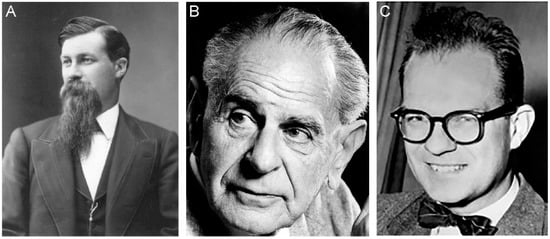Palaeoinsights
A topical collection in Quaternary (ISSN 2571-550X).
Viewed by 9931
Editor
Interests: fluvial geomorphology; morphological evolution; fluvial sedimentology; aeolian sediments; periglacial landforms
Special Issues, Collections and Topics in MDPI journals
Topical Collection Information
Dear Colleagues,
Quaternary has genuine interest in ‘palaeoinsights’ or essay papers addressing author’s personal views on different Quaternary topics in relation to either the discipline itself, its potential interest for society, or both. Insights on palaeosciences, in general, are also welcome provided they have impact on Quaternary science and/or may be of interest for the Quaternary audience. Eventually, scientific issues of general relevance may also be considered, under the same circumstances.
‘Palaeoinsights‘ is aimed at encouraging open and constructive conceptual discussion on important topics in Quaternary science. The main objectives are to progress towards agreement on controversial issues, to introduce new unconventional approaches to existing problems, to find novel pathways of scientific progress, and to enhance the scope of Quaternary research as the basis for a more integrative view of our discipline within the framework of earth sciences. Historical and philosophical insights on Quaternary science and palaeosciences, in general, are also relevant. Authors may want to think not only about the scientific practice itself but also on why we do it and why we do it in the way we do. This transcends our routine activities and stimulates introspection on ourselves as science practitioners and also on the meaning of our discipline in the general context of knowledge generation. Potential impacts of Quaternary research on society, in the form of practical applications or cultural improvement—including formal education, popularization or policy making—are matters of interest as well. The main topics suggested are listed below but contacting the editor for additional proposals is encouraged.
The tone of ‘palaeoinsights‘ should always be positive and aimed at improving Quaternary research, its scientific soundness and its social utility. Scientific quality is essential. Argumentation should be authoritative, constructive and free from emotional burden. Antecedents of the topics discussed should be fairly introduced and all original ideas and views of other authors should be properly credited. ‘Palaeoinsights‘ are neither balanced reviews on a particular subject nor commentaries on specific published papers but personal approaches to topics of interest for the Quaternary audience. ‘Palaeoinsights’ should not include original and unpublished data but already published data can be freely used and re-evaluated, if necessary.
Suggested topics
- Opinions on controversial topics
- Novel perspectives and unconventional approaches to persistent problems
- Current challenges of Quaternary research
- Philosophical issues involving the Quaternary
- Peculiarities of Quaternary science
- History of Quaternary research
- The future of Quaternary science
- Research careers in Quaternary science
- Teaching the Quaternary
- Quaternary science and society
- Popularization of Quaternary science
- Quaternary science and future environmental change
- Contribution of Quaternary research to policies and regulations
Specific submission tips
Authors interested in submitting a ‘palaeoinsight‘ should first contact the Editor-in-Chief or the Managing Editor and send a proposal including a title, a summary and a short representative reference list. If the proposal is approved, the author will be invited to submit a complete manuscript for peer review. Initial editorial decisions will be based on appropriateness and scientific soundness, and peer review will consider more specific criteria related to the particular subject of the manuscript. Speculation is considered useful provided it can contribute to the advancement of Quaternary science (sensu van Loon [1]). There are no specific regulations on the length of manuscripts, but it is recommended to remain below 6000 words, although short essays are also acceptable. As in other Quaternary papers, there is no limit for tables, colour figures and references but reasonable numbers of them are recommended. As these are opinion papers, we recommend a maximum of three authors. There is no deadline for this topical collection, which will remain permanently open for submissions. Potential contributors are encouraged to contact the editors for any additional information or clarification.
Prof. Dr. Jef Vandenberghe
Collection Editor
References
1. Van Loon, A.J. From speculation to model: the challenge of launching new ideas in the Earth sciences. Earth-Sci. Rev. 2004, 65, 305–313.
Manuscript Submission Information
Manuscripts should be submitted online at www.mdpi.com by registering and logging in to this website. Once you are registered, click here to go to the submission form. Manuscripts can be submitted until the deadline. All submissions that pass pre-check are peer-reviewed. Accepted papers will be published continuously in the journal (as soon as accepted) and will be listed together on the collection website. Research articles, review articles as well as short communications are invited. For planned papers, a title and short abstract (about 100 words) can be sent to the Editorial Office for announcement on this website.
Submitted manuscripts should not have been published previously, nor be under consideration for publication elsewhere (except conference proceedings papers). All manuscripts are thoroughly refereed through a single-blind peer-review process. A guide for authors and other relevant information for submission of manuscripts is available on the Instructions for Authors page. Quaternary is an international peer-reviewed open access quarterly journal published by MDPI.
Please visit the Instructions for Authors page before submitting a manuscript. The Article Processing Charge (APC) for publication in this open access journal is 1600 CHF (Swiss Francs). Submitted papers should be well formatted and use good English. Authors may use MDPI's English editing service prior to publication or during author revisions.
Keywords
- Essay
- Opinion
- Controversial topics
- Novel perspectives
- Science history and philosophy
- Science and society
2023
Jump to: 2018
2018
Jump to: 2023
Full article







